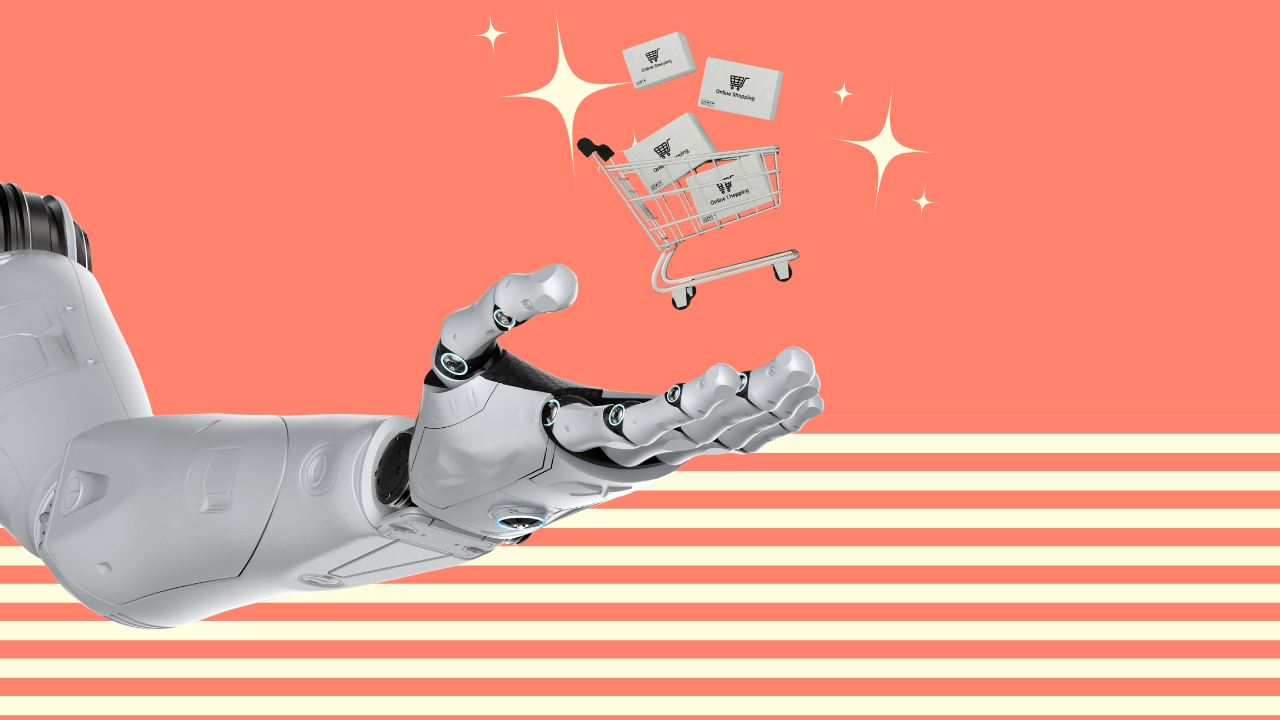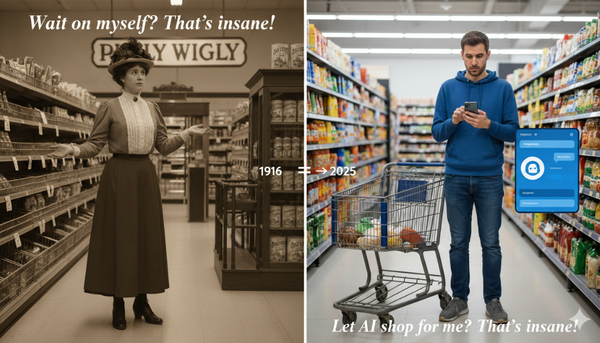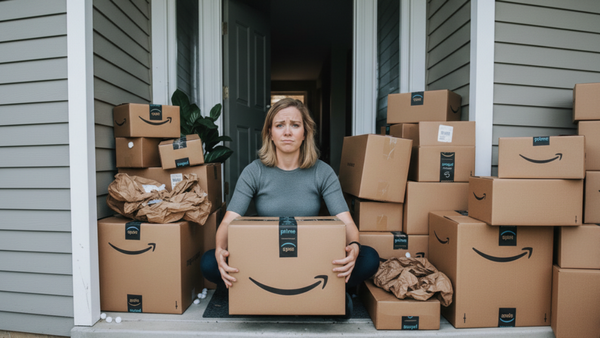Yes, AI Agents Hate Ads Today— But Will That Last?
Today's AI models treat sponsored products like a credibility tax. But viewing this as permanent misunderstands both how AI evolves and how markets adapt.

Last week I shared some new research on the preferences that AI Agents appear to have in online shopping environments. A key finding: AI shopping agents actively penalize products with sponsored tags, reducing selection probability by 8-14%. (Read the full post here)

I've written before about how agentic commerce threatens retail media's current mechanisms—both onsite and offsite revenue streams. But here's my contrarian take: this ad penalty is temporary, and retailers have multiple lucrative paths forward.
Yes, today's AI models treat sponsored products like a credibility tax. But viewing this as permanent misunderstands both how AI evolves and how markets adapt.
The Current 'Ad Penalty' Is Throwing the Baby Out With the Bathwater
Current models inherit their ad skepticism from us. GPT-4, Claude, and Gemini were trained on human-generated content where we explicitly express distrust of advertising (even if our actual behavior tells a different story). AI models have learned our stated biases.

But this won't last because consumer-facing AI platforms will evolve beyond simple ad avoidance.
The innovation will come from the AI agents themselves, not retailers. As these agents compete for users, they'll need to deliver genuine value—finding the best products at the best prices. Sometimes a sponsored product genuinely IS the best option. An agent that categorically dismisses sponsored items might miss a 30% discount or a superior product, frustrating users who discover this later.
Just as these models have been trained on one set of assumptions, future updates can incorporate new ones. Recognize that this bias exists today, but don't expect it to persist forever.
The Case for Collaborative Retail Bidding
Scot Wingo has shared on his podcast & newsletter, Retailgentic, a compelling vision where retailers bid on shopping baskets in real-time. Here's how it works:
A consumer tells their agent: "I need taco ingredients for six people tonight." The agent identifies the basket—ground beef, tortillas, cheese, lettuce, tomatoes, sour cream, hot sauce—and simultaneously sends this request to multiple retailers.
The bidding begins. Walmart offers $3 off the total basket. Target counters with $2 off plus free same-day delivery. Kroger bids $4 off for curbside pickup. Retailers may compete on price, but they may also compete on total value.
Here's where I'll build on Scot's vision: retailers could provide brands an opportunity to amplify these bids. Old El Paso spots tortillas in the basket and adds $0.50 to Walmart's bid if their brand gets selected. A new hot sauce brand goes further—they'll contribute $1 to any retailer's bid that wins a trial purchase.
This mirrors how collaborative bidding already works in social advertising through platforms like Meta's Collaborative Ads and solution providers like Symbiosys. Brands and retailers pool resources to win the customer, sharing both costs and benefits. But instead of bidding for attention, they're bidding for confirmed purchases.
The AI agent evaluates total consumer value—price after all discounts, delivery convenience, product quality, past satisfaction scores—and selects the winning combination. The AI platform takes a cut of the incentives provided by the retailer and brand, creating a clean monetization model without compromising trust.
Everyone wins: retailers get guaranteed sales, brands secure placement at the moment of decision, consumers receive competitive prices, and AI platforms earn revenue transparently.
Other Ways Retailers Could Monetize Agentic Shopping Future
Value-added services to brands represent the immediate opportunity. The study found that AI-optimized product descriptions delivered double-digit market share gains in 25% of cases tested. One mousepad seller saw a 22% share increase just from tweaking their product title. Retailers sitting on vast behavioral data can offer optimization-as-a-service that actually works. The big question is if retailers get around to doing this before brands do it themselves.
Product review ecosystems funded by brands offer another revenue stream. The research shows agents heavily weight ratings—a 0.1 increase drives 15-20% higher selection probability. Retailers like Amazon (with Vine) already monetize review generation. As agents make reviews even more valuable, these programs become premium services.
What This Means for Brands
While agentic shopping is exciting and brands should be tracking developments closely, consumers aren't changing their behaviors overnight. [link to past article]
Summarizing a few points from my post yesterday, brands should:
- Continue to optimize for ratings and reviews—these are fundamental value signals that will persist regardless of monetization model.
- Test AI-optimized descriptions. The research is clear that product content dramatically impacts agent selection. Focus on earning presence in AI training datasets through brand building.
- Don't nix the Sponsored Product Ads in an attempt to get ahead of the curve. We're in a transition period, not witnessing an extinction event. Today's sponsored products will evolve into tomorrow's "AI visibility packages" or whatever we end up calling them.
The Evolution Is Already Beginning
The agents may penalize ads today, but tomorrow's models will be more sophisticated evaluators, weighing promotional offers as one signal among many.
One thing I'm quite sure of is that wherever there's a new surface or channel where consumers are spending time, there will be advertising that gets developed to subsidize it.
The retailers and brands that recognize this evolution—and position themselves accordingly—will thrive in the agentic commerce era.
Download the study here: What Is Your AI Agent Buying? Evaluation, Implications, and Emerging Questions for Agentic E-Commerce







